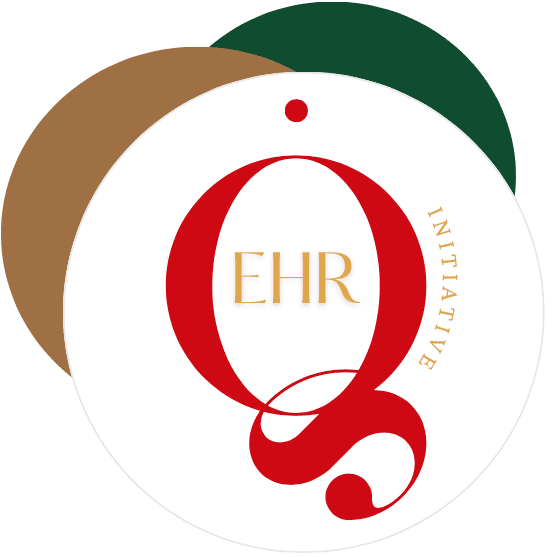Establishing Accountability & Transparency for
Adverse Events & Ethical Violations
Lacking accountability for healthcare professionals in American healthcare poses a significant risk to client safety and undermines public trust in the healthcare system. Without clear repercussions for misconduct or negligence, offenders are emboldened to prioritize personal interests over patient well-being, leading to substandard care and preventable harm.
Lacking Impact
This lack of accountability not only jeopardizes individual patients but also erodes the integrity of the entire healthcare profession. To ensure the safety and welfare of clients, it is imperative to establish robust systems of accountability that hold healthcare professionals accountable for their actions, promote transparency, and uphold the highest standards of ethical conduct and patient care.
Objectives of Initiative 4

Implementation
Create a centralized database or reporting platform where practitioners can confidentially report adverse events and ethical violations.
Establish clear guidelines and criteria for reporting adverse events and ethical violations, including definitions and examples of each.
Provide education and training to practitioners on how to recognize and report adverse events and ethical violations, emphasizing the importance of transparency and accountability.
Collaborate with regulatory bodies and professional organizations to ensure alignment with existing reporting systems and guidelines.
Implement a review process for reported adverse events and ethical violations, involving independent experts to assess the severity and determine appropriate actions.
Develop protocols for addressing adverse events and ethical violations, including corrective actions, disciplinary measures, and communication with affected parties.
Promote transparency by publishing anonymized summaries of reported adverse events and ethical violations, highlighting lessons learned and best practices for prevention.
Establish mechanisms for continuous improvement, regularly reviewing and updating reporting systems, guidelines, and protocols based on feedback and emerging trends.
